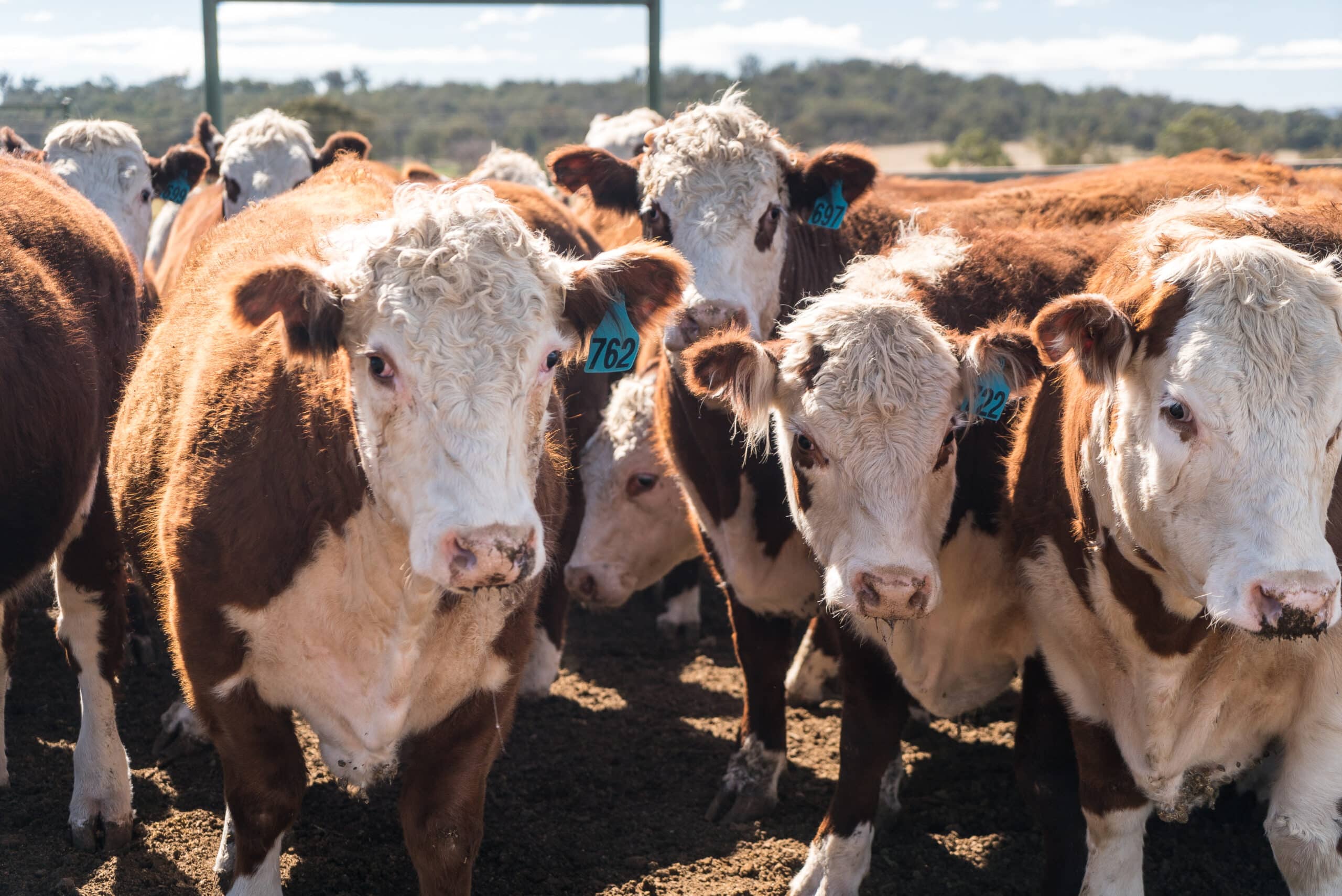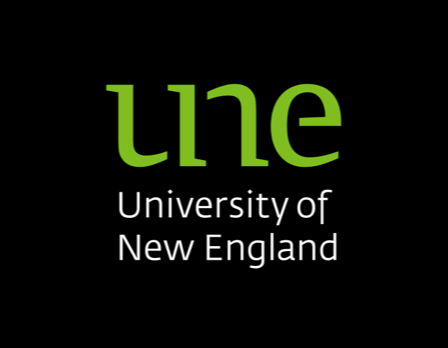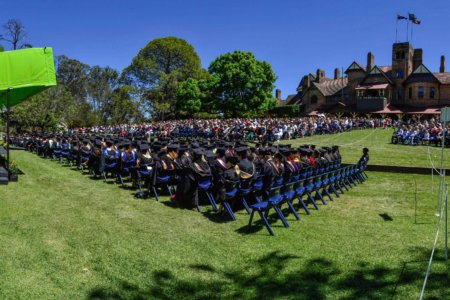Graduates of University of New England (UNE) agriculture degrees own “a special dynamism.” Just ask Brisbane-based organic beef company OBE Organic. It has hired three new graduates from UNE since 2014.
“They have all had pastoral experience, all have some commercial knowledge, and all been on overseas study tours to places like China,” says Andrew Blinco, OBE Business Planning and Improvement Manager. “That means they are ready to hit the ground running, and that’s exactly what we need. OBE’s market environment is constantly changing which means the company does not want graduates locked into a particular way of thinking. The markets we operate in are highly dynamic at all points along the supply chain.”
Agriculture is a booming industry in Australia. There are more roles available than there are graduates, with many firms competing fiercely to attract new graduates. This “exceptionally high demand” applies across all sectors of the industry. With food insecurity and the climate crisis looming — disrupted further by the COVID-19 pandemic — there’s an unprecedented number of jobs open to agriculture graduates.
“The trade environment is always shifting as countries change policies and tariffs. We need people able to work in this very fluid environment, and graduates out of UNE have demonstrated those skills,” says Blinco.
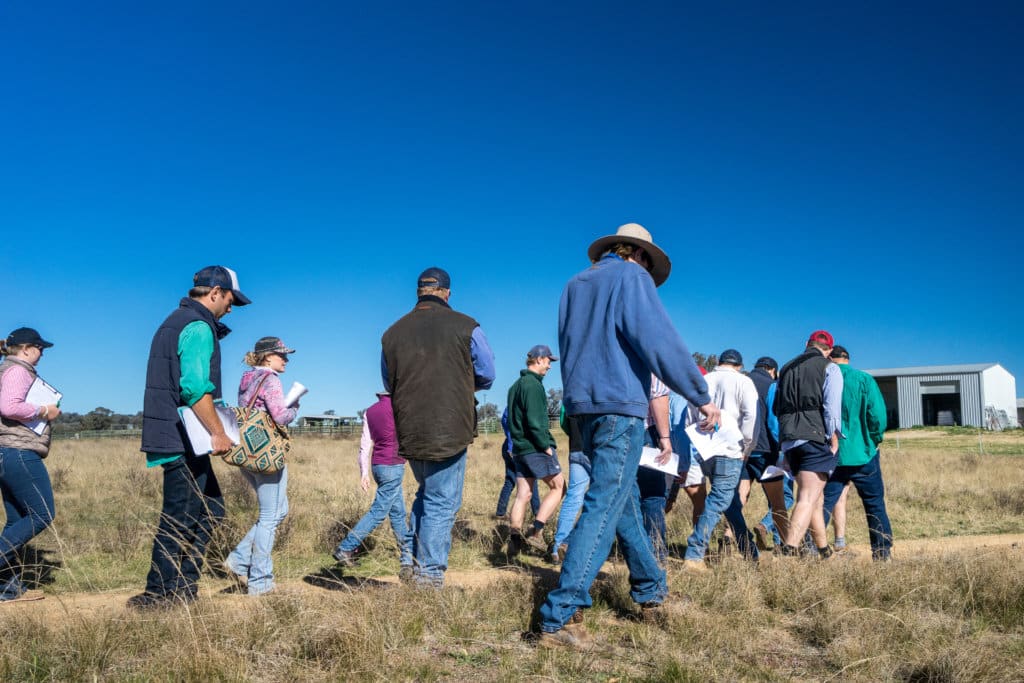
Agriculture graduates from UNE have the perfect set of skills and experience that’ll give them a critical edge when seeking post-study work opportunities. Source: University of New England
One of them is UNE Agribusiness graduate Sarah Cameron. She credits her preparation for the workforce to UNE’s emphasis on taking students out of the classroom. “It means that you get a realistic understanding of the work environment, because you do real-life learning,”’ says Cameron.
“When we learned about farm planning, we went to a real farm and did our planning based on real conditions. When we were taught about emerging markets we were given the opportunity to go there and see how these markets looked first-hand. Classroom learning is necessary to introduce you to new concepts, but seeing how those concepts work in the real world is where the learning happens.”
An experiential learning hub for agriculture students
The School of Environmental and Rural Science (ERS) is home to programmes that tackle the big challenges that face our planet. They include the Bachelor of Agriculture, Bachelor of Agriculture/Bachelor of Business, Bachelor of Animal Science, Bachelor of Environmental Science, Bachelor of GeoScience, Bachelor of Rural Science and Bachelor of Zoology.
Their strength lie in how collaborative ERS is. Few university faculties or schools have geologists, engineers, geneticists, earth scientists, zoologists, plant scientists, soils scientists, and ecologists working together the way the ERS does. Each brings their unique expertise, offering students a multidisciplinary education.
These experts make some of the best teachers and researchers in the world too. ERS students have the privilege of learning from them in small classes and in the best lecture theatres, laboratories, and environment that Australia has to offer. Their support is unrivalled,
Pair this with a “learning by doing” approach and ERS students have “serious fun” while completing their degree. Many get to experience travel abroad, with recent expeditions to China, Burma, Botswana and Cambodia — all of which are credit-bearing.
Career Harvest offers more support. It is an online hub that allows students to discover inspiring careers within the Food and Fibre industries. Those interested in feeding the world, adapting to climate change, developing the environment or managing future energy sources can use this site to harvest a global career.
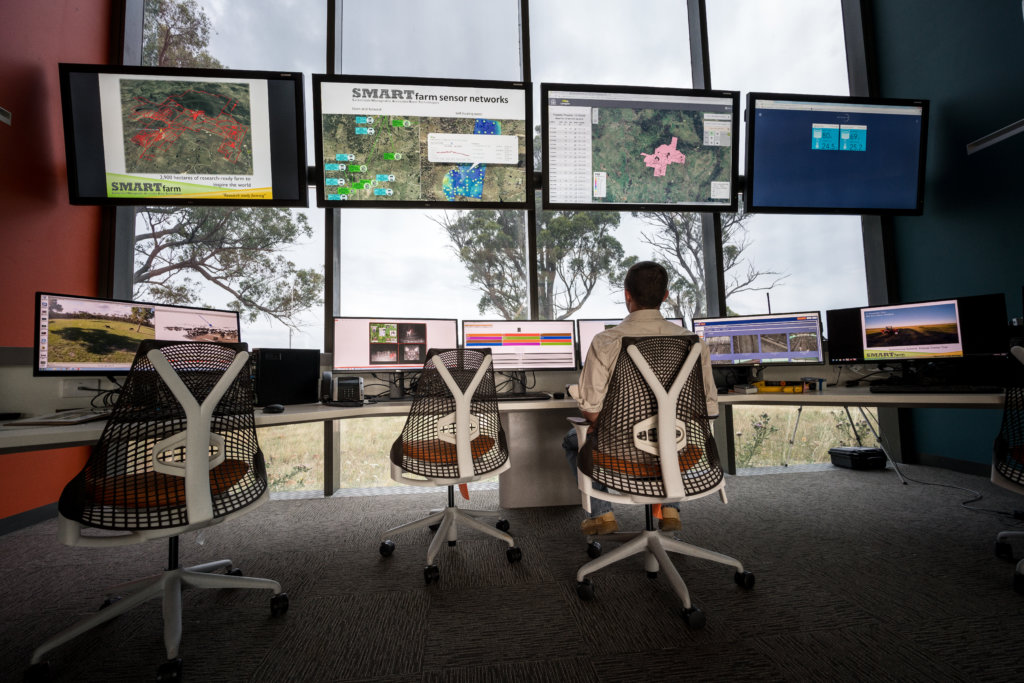
UNE researchers and their industry and community partners conduct world-class activities that encompass Sustainable, Manageable, Accessible, Rural Technologies (SMART). Source: University of New England
Studying in Australia doesn’t have to be costly
International students with their hearts set on UNE can apply for scholarships and bursaries that would help cut down costs of studying abroad.
One of two financial aid options is the Accommodation Scholarship. Valued up to 8,000 Australian dollars for a maximum of two academic trimesters, the award covers all housing costs. These include fully-furnished living quarters — equipped with electricity, heating, water, free Wi-Fi, campus security, and Residential Student Support. Recipients of this scholarship are entitled to free airport or train station transfer within Armidale as well.
The second financial aid option is the UNE International Bursary. International students commencing coursework studies at UNE in 2022 will be eligible to apply for the bursary, which covers a reduction in annual tuition fees.
Change the world one step at a time with UNE today. Future fit your life by clicking here.
University of New England CRICOS Provider Number 00003G
Follow the University of New England on Facebook, Twitter, YouTube and Instagram

